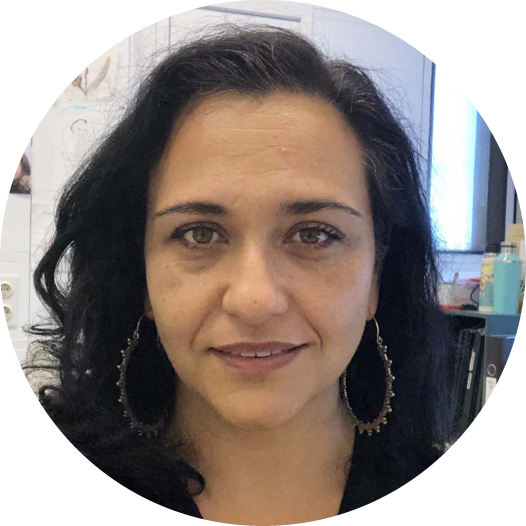

 Tokameh Mahmoudi
Tokameh Mahmoudi Tokameh Mahmoudi is Associate Professor at the departments of Pathology-Urology at Erasmus MC, Rotterdam in the Netherlands, and recipient of the prestigious ERC starting grant. She is advisory member of the Dutch government’s Chemistry council (NWO) and the Dutch AIDS Funds (2014-2020). Dr. Mahmoudi is co-founder of the Erasmus MC HIV Eradication Group (EHEG), and PI member of Dutch NL4Cure, multidisciplinary consortia focused on translating basic advances in HIV Cure research into development of novel therapeutics and their testing and implementation in the clinic. She is also a member of SCORE, an interdisciplinary consortium of research groups that use the organoid technology platform in regenerative medicine and oncology in various organ and disease models.
Dr. Mahmoudi attended UC Berkeley where she completed her Balechor’s degree followed by her Master’s studies at the Hospital for Sick Children, University of Toronto, Canada and obtained her PhD in Molecular Medicine from Leiden University Medical Centre (LUMC), The Netherlands. As a trained biochemist she applied her expertise into mechanistic dissection of the molecular events that drive viral pathogenesis and latency during her post-doctoral studies at UCSF at the Gladstone Institute of Immunology and Virology in the lab of Dr. Eric Verdin and later in stem cell based technologies in the lab of Dr. Hans Clevers at the Hubrecht Institute in The Netherlands.
The molecular principles of chromatin mediated gene regulation are critical determinants that control disease; the same molecular effectors and mechanisms of gene regulation are at play to repress viral gene expression during HIV latency, to drive HBV infection -related liver cancer, and are mis-regulated to drive bladder cancer. Dr. Mahmoudi’s research uses an integrated approach where the precise molecular and functional consequences of gene regulation responsible for promoting and maintaining disease states consequent to viral infection or tumorigenesis, are investigated and used to unravel an effective pharmacological approach to modulate and target these processes. The ultimate goal is the discovery of “drug-able” molecular targets in each disease model, using convergent and innovative approaches such as patient-derived in vitro platforms, organoids and co-culture models subjected to high throughput screens and genetic manipulation for drug targeting and discovery.